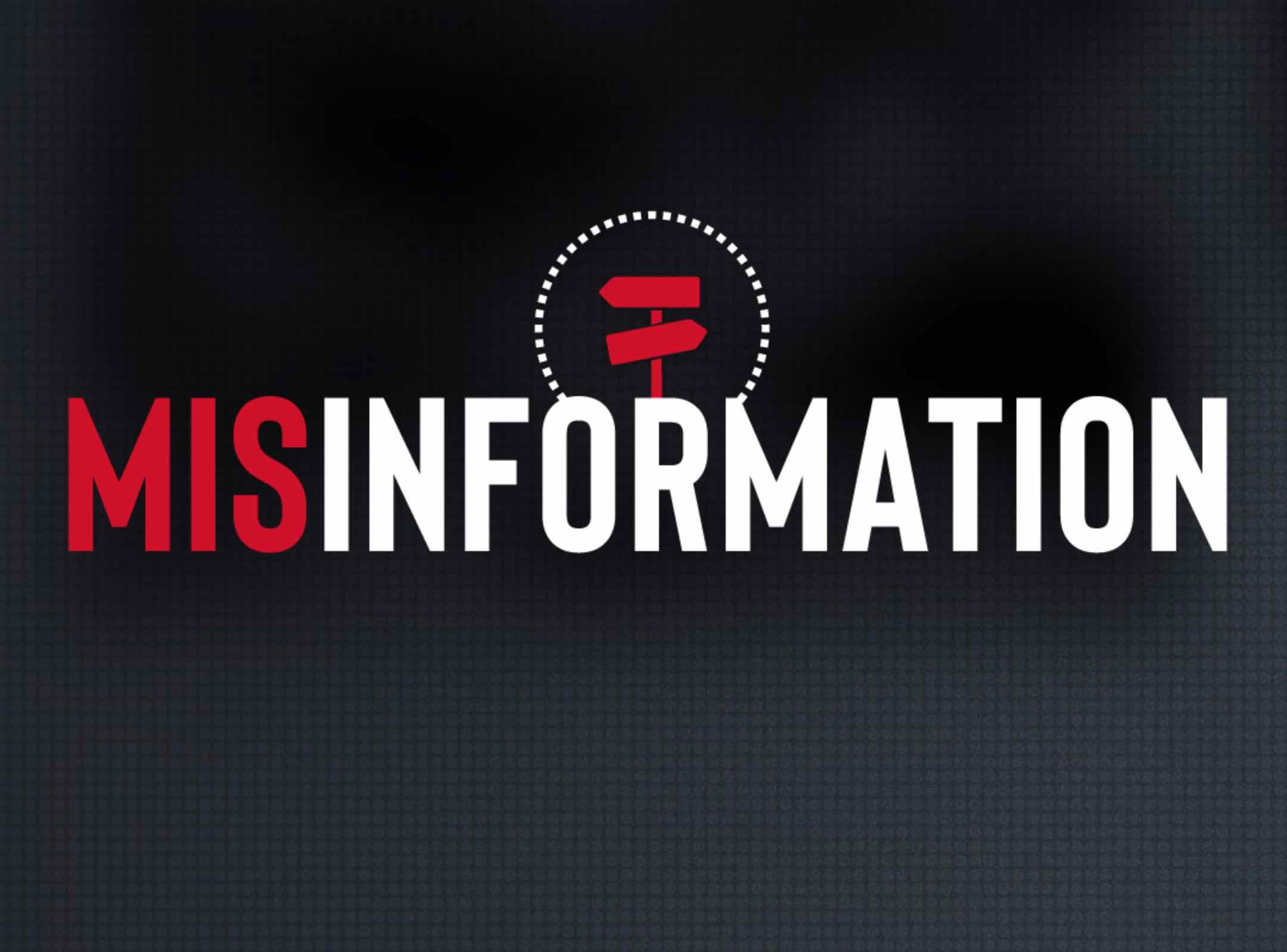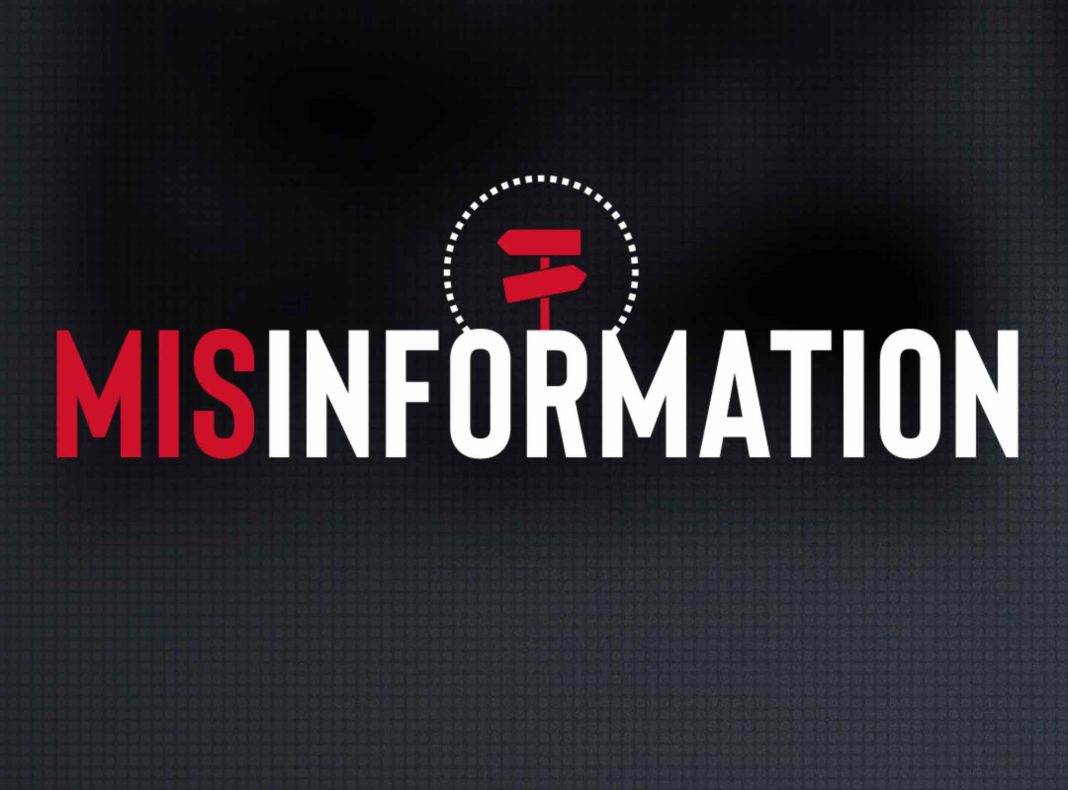
Labor Minister Michelle Rowland has reintroduced the Misinformation and Disinformation Bill to Parliament as a means to protect democracy and combat the spread of false information online. The proposed legislation aims to empower the Australian Communications and Media Authority (ACMA) to address misinformation and disinformation on social media platforms such as X, Facebook, Instagram, and TikTok. The Communications Legislation Amendment (Combatting Misinformation and Disinformation) Bill 2024 was presented to the House of Representatives on September 12, and the debate is set to resume at the next sitting of Parliament.
According to Labor Communications Minister Michelle Rowland, the Bill’s purpose is to ensure the online safety of Australians and to hold digital platforms accountable. She emphasized that misinformation and disinformation pose a significant threat to the well-being of individuals, as well as to democracy, society, and the economy. Rowland acknowledged the importance of balancing the need to combat misinformation with the freedom of expression, and revisions have been made to the Bill following public consultation to reflect this balance.
Critics of the legislation, however, argue that it infringes upon free speech. United Australia Party Senator Ralph Babet described the Bill as a “dystopian attack on free speech” that should be opposed by everyone, regardless of their political stance. The Institute of Public Affairs, a free-market think tank, also criticized the legislation, claiming that it undermines the right to free speech. Director of Law and Policy John Storey argued that the Bill’s provisions to censor speech are even broader than in its initial draft, potentially stifling differing opinions.
The Misinformation and Disinformation Bill defines these terms as content that is reasonably verifiable as false, misleading, or deceptive and is published on online platforms accessible to Australian users. The content must also be likely to cause or contribute to serious harm and can be disseminated by foreign powers. The definition of “serious harm” encompasses various categories, including harm to the operation or integrity of government electoral processes, public health, and the vilification of specific groups based on race, religion, sex, sexual orientation, gender identity, intersex status, disability, nationality, or ethnic origin.
Exceptions to the Bill include content that falls under parody or satire, professional news content, or content created for academic, artistic, scientific, or religious purposes. The ACMA will have the authority to require social media companies to provide information on how they address misinformation and disinformation. Additionally, if self-regulation by social media companies is deemed inadequate, the ACMA can approve an industry code of conduct or introduce standards.
It’s worth noting that the ACMA will not have the power to remove content or offensive accounts. Platforms themselves will remain responsible for managing the content on their services in accordance with their own terms of service. Failure to comply with the legislation can result in fines ranging from 5,000 to 25,000 penalty units for corporations and 1,000 to 5,000 penalty units for individuals. The value of each penalty unit was increased to $330 in July 2024.
The federal opposition has expressed concerns about the Bill and stated that it would take time to evaluate the current legislation. Shadow Communications Minister David Coleman argued against the Bill, emphasizing the importance of freedom of speech in a democratic society and stating that the Coalition will consistently advocate for it.
Overall, the Misinformation and Disinformation Bill aims to address the growing threat of false information online, safeguard democracy, and protect the well-being of Australians. While proponents argue that it is necessary to combat the spread of harmful misinformation, critics contend that it infringes upon freedom of speech. The legislation seeks to strike a balance between combatting misinformation and protecting the right to express differing opinions, and revisions have been made to reflect public feedback.


